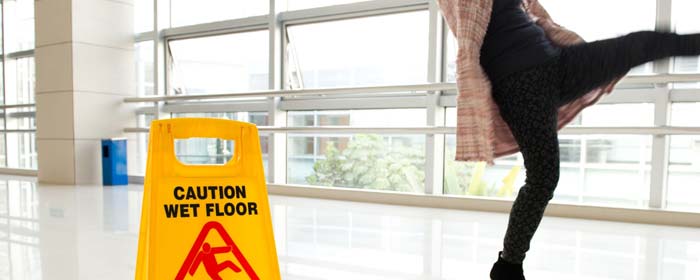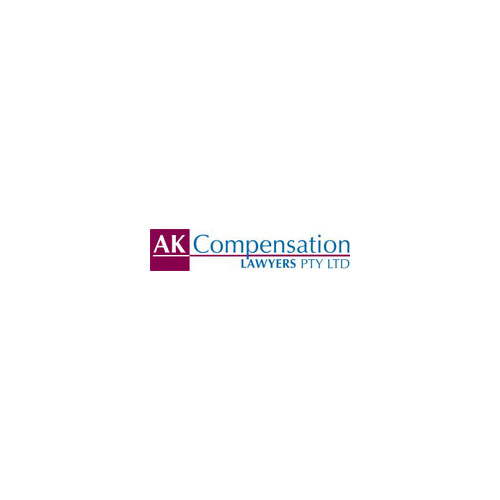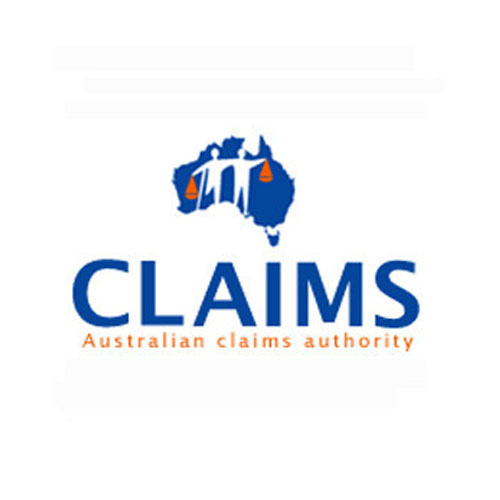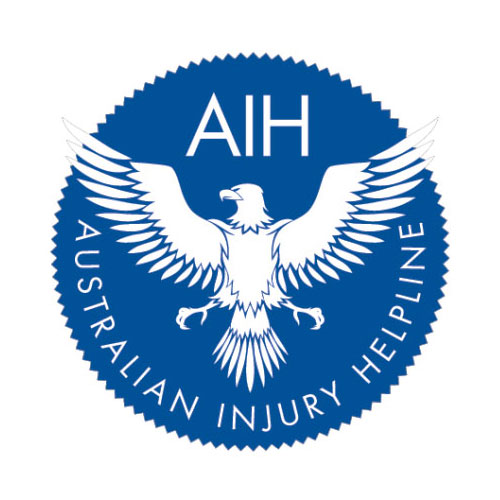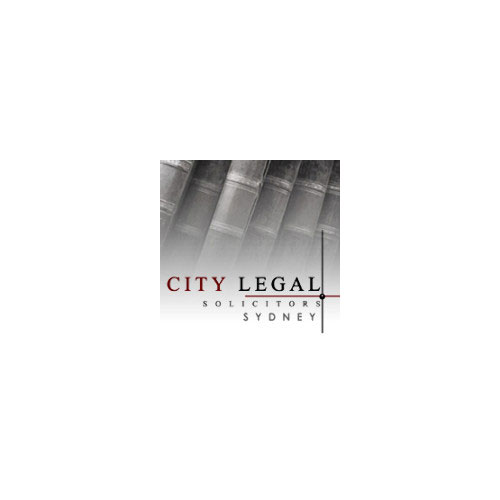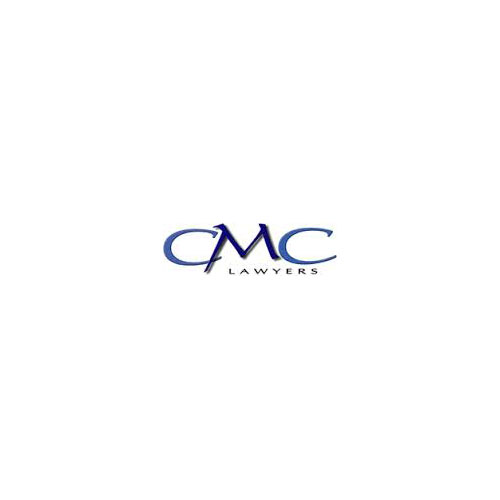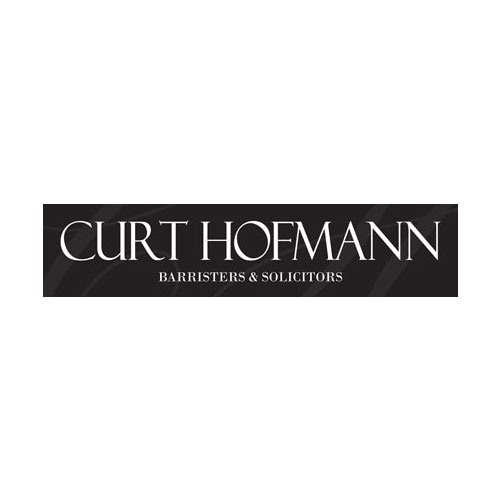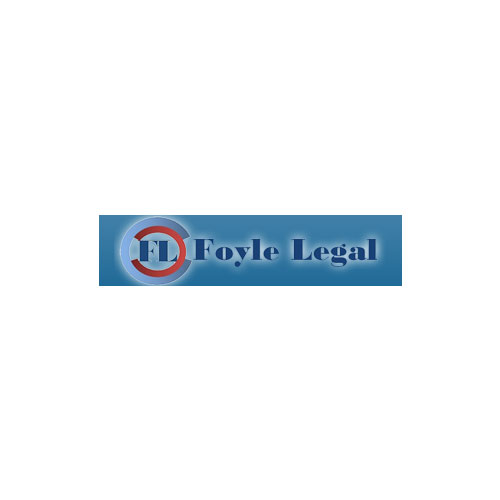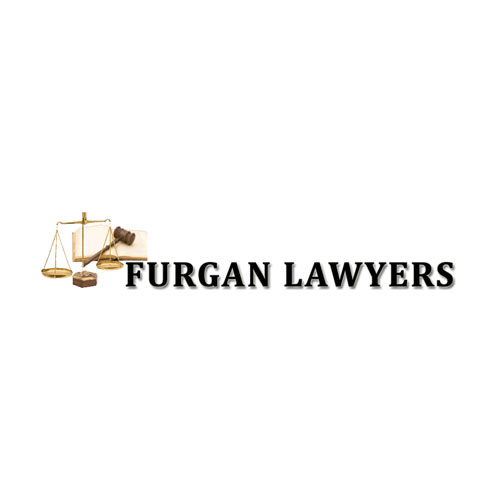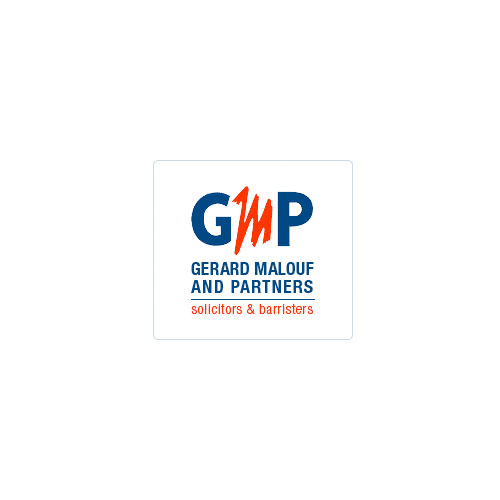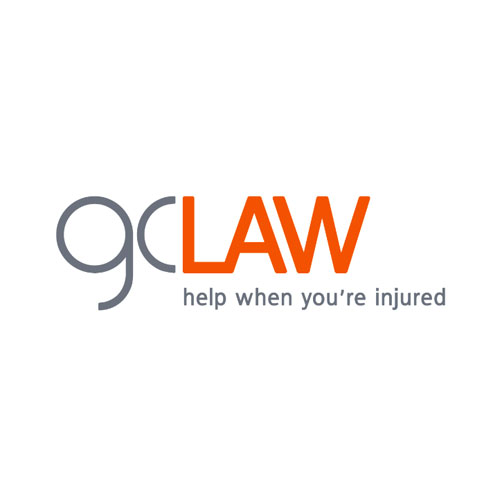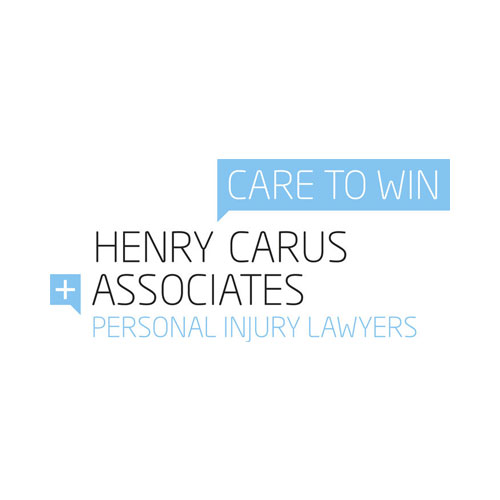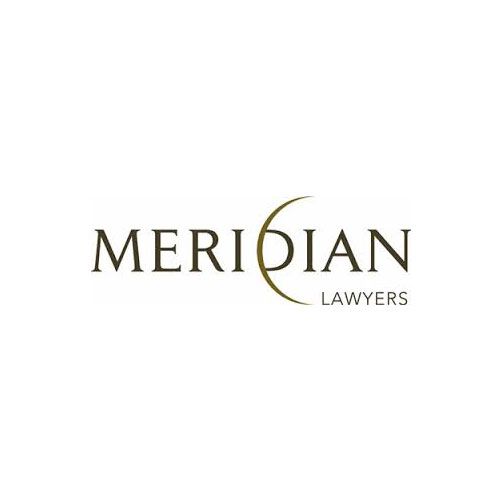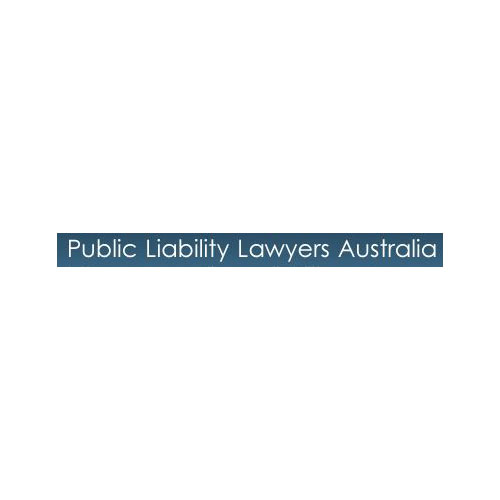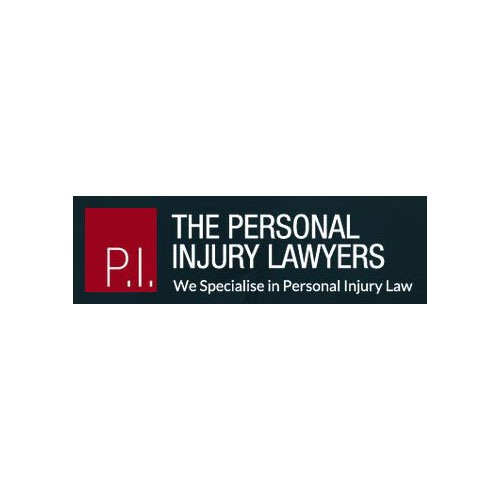If you have slipped and fallen in an accident that was not your fault and have been injured as a result, you may want to pursue legal recourse for compensation.
Slip and fall accidents occur in all sorts of places, but most commonly occur in public spaces such as shopping centres, retail outlets and offices and apartment buildings. The owners and managers of such spaces have a duty of care to the public to ensure that the area is safe, secure and cleaned and maintained on a regular basis. The majority of slip and fall claims are the result of sloppy cleaning regimes. The road to compensation for your claim is long and arduous, and will require that you prove your claim is valid and that you did not cause the accident yourself (perhaps you slipped because you were looking at your smartphone and walked into a shelf and fell). In order to prove your claim you may require the advice of a lawyer to help you figure out if your claim has merit and will successfully be compensated.
Common slip & fall accidents
- Slipping and falling on food or fluids on the ground or walls.
- Walking through a shop that has slippery floors.
- Tripping over cables or ropes or misplaced objects.
- Tripping and falling as a result of bad lighting.
- Tripping over uneven ground/floor.
- Falling down stairs because of broken steps or lack of handrails.
- Accidents involving faulty playground equipment.
- Coming into contact with exposed electric cables.
Public liability
Public spaces and buildings are legally required to ensure that their spaces are safe, cleaned and maintained regularly. Therefore, in order for an injured person to prove that the building owner or manager is at fault, either:
- The building manager failed to identify a potential hazard (a pothole or crack in the path) and remedy it or, in the interim, demarcate it to be avoided by the public.
- The building manager, or an employee of his business, directly caused the hazardous condition to arise, e.g. spilled cleaning liquid on the floor, into which you slipped.
Sometimes figuring out who to claim against can be complicated. For example if you slipped and fell at function that was being held a party venue, the accident could have been the fault of: a bartender dropping a drink, a guest dropping a drink, failure to clean up the mess in a timely manner, the owner of the building, the building manager, a waitress dropping food… This is one of the reasons why consulting a lawyer is useful, as he can help you determine who to sue.
Aside from negligence on the part of the business owner, you will also have to show that you were not negligent and could not reasonably have prevented the accident yourself, i.e. were you distracted and talking on your phone at the time of the accident?
Proving negligence
Proving that the responsible party was negligent is not straight forward, and may require some administration and bureaucracy. To show you what you are in for, here are several common questions that will need to be answered:
- Was the accident the result of poor lighting?
- Could the danger of the accident have been reduced or prevented in any way?
- Was the accident the result of failure to maintain and clean the space?
- Did the hazard exist for long enough that it could have been discovered within a reasonable amount of time to have been removed before the accident took place? E.g. many shopping centres check for and clean spillages every 30 minutes.
You will also have to show how complicit you were in your own accident, determining whether your behaviour or state in the time leading up to the accident in some way contributed to or caused it. The relative degree of your responsibility in preventing your own accident, will affect how much you are compensated by, or if your claim is successful.
The value of your claim is not just influenced by provable negligence, but also, the skill of the lawyer you employ, the severity of your injuries, the laws of the state in which the accident occurred, the wealth and/or insurance of the defendant, perception of the jury (if the case goes to trial).
What you can claim for
If you have been involved in a slip and fall accident and were injured you can claim compensation for past and future medical costs, loss of earnings, loss of support (in case of death), and material damages. Most slip and fall claims are settled out of court, without attending a hearing.
Common slip and fall injuries:
- Back injury
- Neck injury
- Traumatic brain injury
- Skull fracture
- Brain bleed
- Fractures and dislocations
- Sprain, torn damaged ligament
- Leg (arm) and ankle(wrist) injury
- Arm and hand injury
- Internal bleeding
- Burns
- Post-traumatic Stress Disorder, depression, shock, anxiety
Note that there is a time limit on seeking compensation for a slip and fall accident, so you should pursue your case as soon as you can.
Helpful tips
To save you money and time, most solicitors offer a free first consultation to discuss validity and or the strength of your case and whether and how to move forward. But before you go see a lawyer, you may want to gather some information to help indicate the circumstances of your accident.
- Photographs of the site of the accident and conditions that caused it.
- A medical report detailing your injuries resulting from the accident, how they were treated and how they will continue to be treated (unless healed).
- Financial records of medical bills
- A report indicating your loss of earnings
- A report proving your dependence on the deceased party
- Witness statements describing the accident, your injuries, etc
- A record of the date and time of the accident
